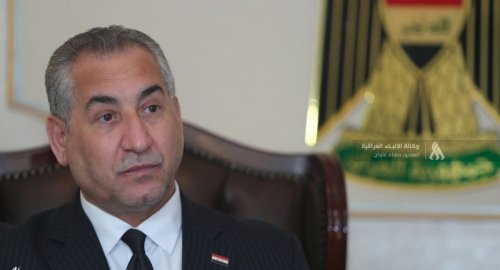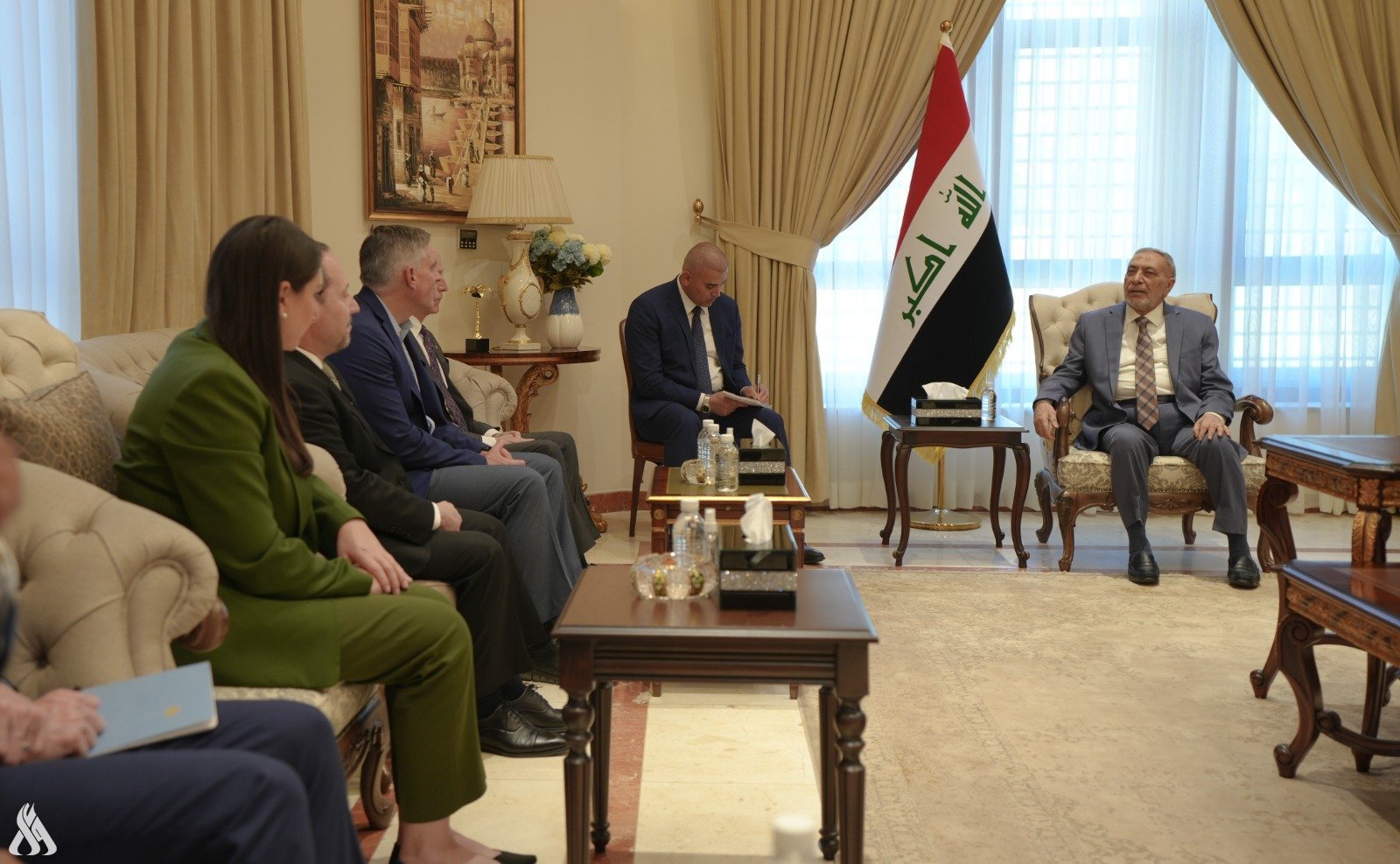
UN: Details of the catalyst climate action in Iraq mechanism

- 29-06-2022, 21:26
INA - BAGHDAD
United Nations Development Program in Iraq warned of an alarming rise in temperatures in Iraq during the next ten years, while clarifying the mechanism of the project to catalyst climate action in Iraq.
"Iraq, which has suffered from extreme heat, desertification, sandstorms and drought for its geographical location is among the countries most vulnerable to the effects of climate change, as expectations indicate an assumed increase in temperatures within 10 years,” said the resident representative of the program, Zina Ali Ahmed in a statement to the Iraqi News Agency – INA.
She highlighted that “this is very worrying, as we are witnessing the rise in the current average temperatures above 50 degrees Celsius during the summer, in addition to waves of drought, reduced rainfall in the year and increased water scarcity, which has affected people’s health, livelihoods and the protection of ecosystems,”
"What we are witnessing today in terms of climate change constitutes a fundamental challenge to the development progress that has been made in Iraq over the past decades, and I would like to note the efforts of the government and the Ministry of Environment in particular for the achievements made during the past period to combat climate change in Iraq, including the signing of the Paris Climate Agreement, which marked a milestone through Iraq’s joining along with more than 190 countries and global partners for their unified commitment to reduce global warming,” she explained.
"The United Nations Development Program is honored to be one of the first supporters of national efforts by mobilizing resources and providing technologies to support the fight against climate change with a package of interventions and supporting projects, including those related to training, capacity-raising and provision, in addition to the rehabilitation of parallel infrastructure, especially in the liberated and other South governorates,” she expressed.
She stated that "the United Nations Development Program is launching today, with the Ministry of Environment and with the generous support of the United Kingdom and Canada, the project to catalyst climate action in Iraq, which we hope will constitute an important step in the journey of enhancing Iraq's ability to mitigate climate change and adapt to its effects, through resource management effectively, developing renewable energy sources, and increasing the ability to adapt to sources resulting from climate change.”
Ahmed added, “and the completion of the report and the internationally defined contributions, which will serve as a charter for the country’s comprehensive policies are to take effective climate action, in addition to developing various strategies to mitigate climate change and adaptation, such as the National Environmental Strategy, the Biodiversity Strategy and the Disaster Reduction Strategy currently being formulated.”
She pointed out that "the project that we are launching today, which extends for two years, focuses on key areas aimed at the energy transition and supports diplomatic negotiations on trans-boundary water, water management and drought preparedness, with priority given to geographical areas, sectors and the most vulnerable members of society," adding that "the project was designed with the aim of bringing about systemic change within the government of Iraq, including Kurdistan, to help achieve Iraq's climate ambitions towards the Paris Agreement."
“The journey to combat climate change cannot succeed without involving all societal components, and the project will seek to engage NGOs, civil society, including academia, media, youth groups, women's groups and other groups to bring about real change in climate action in Iraq,” Ahmed included in her statement.
The Speaker of the Arab Parliament arrives in Baghdad
- politics
- 04:30
PM Al-Sudani offers condolences on death of writer Jumaa al-Lami
- Culture and art
- 02:54
Duhok of Iraq and Qadsia of Kuwait match kicks off
- Sport
- 25/04/15
Four Daesh terrorists detained in Salahuddin
- Security
- 25/04/14
Two ISIS hideouts destroyed, killing those inside in Salah al-Din
- Security
- 25/04/13












